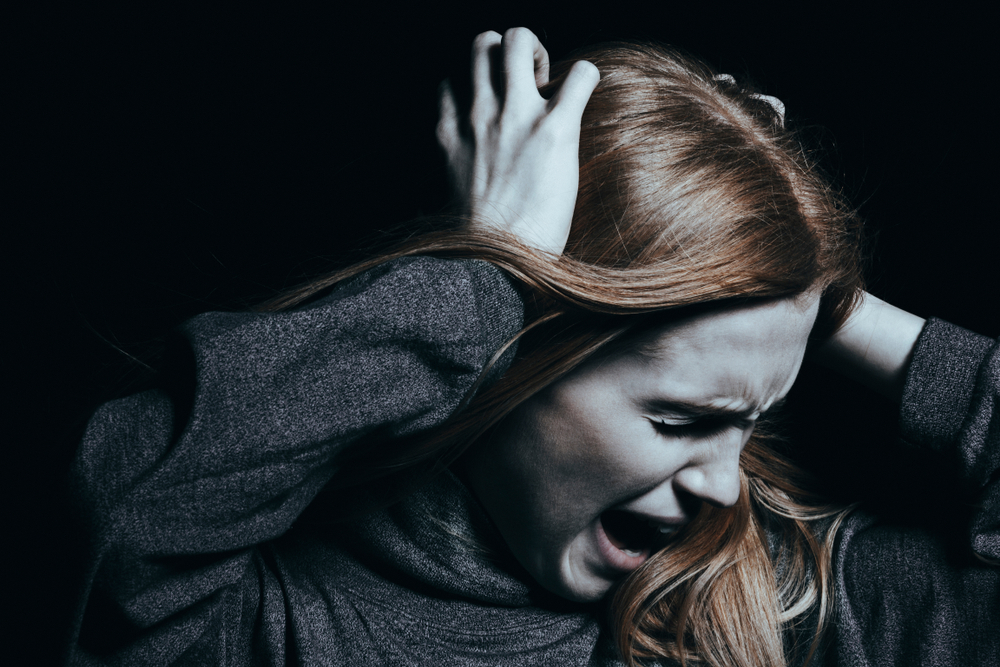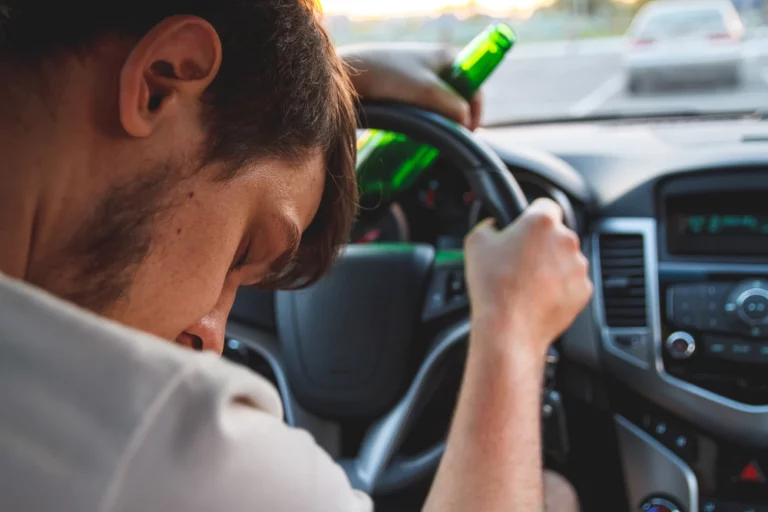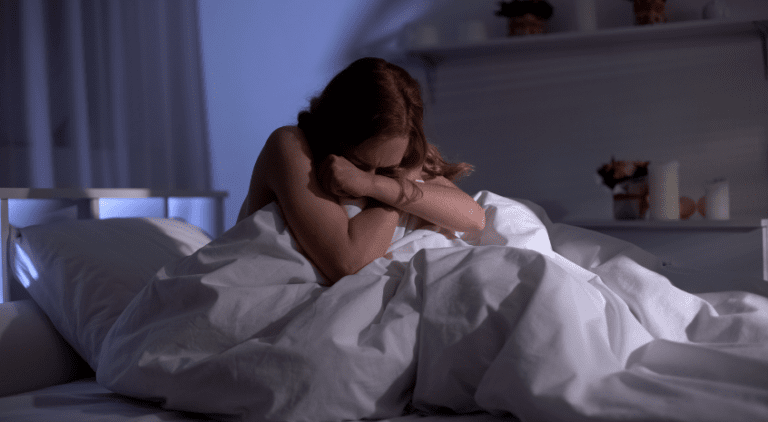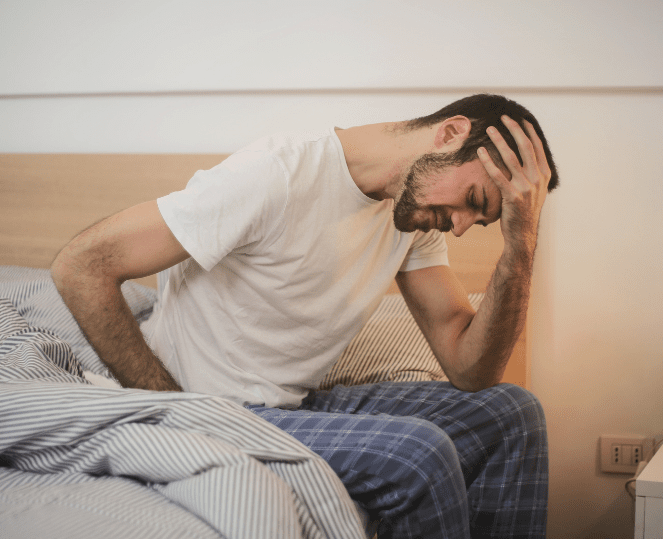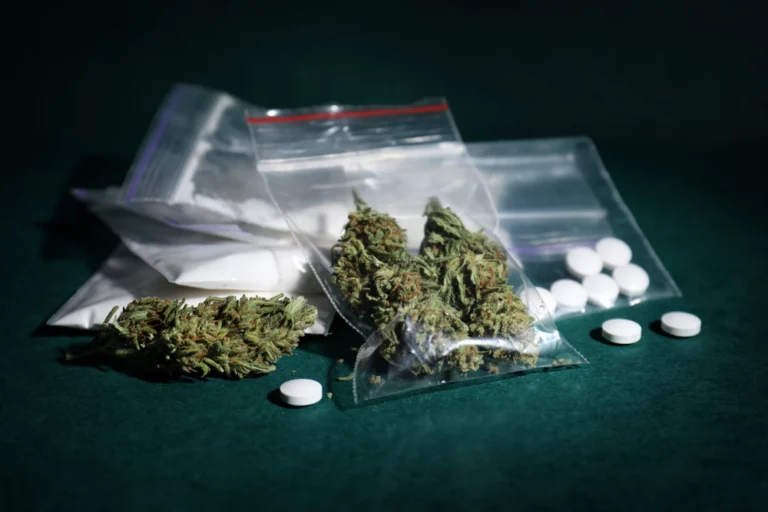Is It Drug Induced Psychosis? Signs, Symptoms, and Treatment
What is drug induced psychosis? According to the National Alliance on Mental Illness, a psychotic episode is one in which an individual becomes disconnected from reality. Delusions, which are strongly held false beliefs that are contradicted by clear evidence, are often present but not always present in an episode of psychosis. About 3% of people will experience an episode of psychosis at some point in their lives.
What is Drug Induced Psychosis?
A drug induced psychosis, also known as ‘stimulant psychosis,’ is when you experience episodes of psychosis such as delusions or hallucinations as a result of substance abuse. Drug induced psychosis, a mental illness such as bipolar disorder or schizophrenia, which is predisposed to psychosis, is often triggered or exacerbated by taking too much of a drug. A psychosis episode may occur if you have an adverse reaction to a drug or if you’ve taken too much of a certain drug and it becomes toxic. It can also occur as a result of mixing different substances or withdrawing from a drug, whether or not it is prescribed.
How Do You Know if You Have Drug Induced Psychosis?
While on drugs or when withdrawing from them, a person may experience psychotic symptoms. Drug induced psychosis is often severe and occurs suddenly and aggressively, whereas schizophrenia-related psychosis has a slower onset and progress. It is often difficult to distinguish between drug induced psychosis and other forms of psychosis. Because many people with schizophrenia also use drugs, drug induced psychosis is frequently found in people with mental health issues. People who use drugs more often and those with higher levels of drug dependency are at higher risk of developing psychosis.
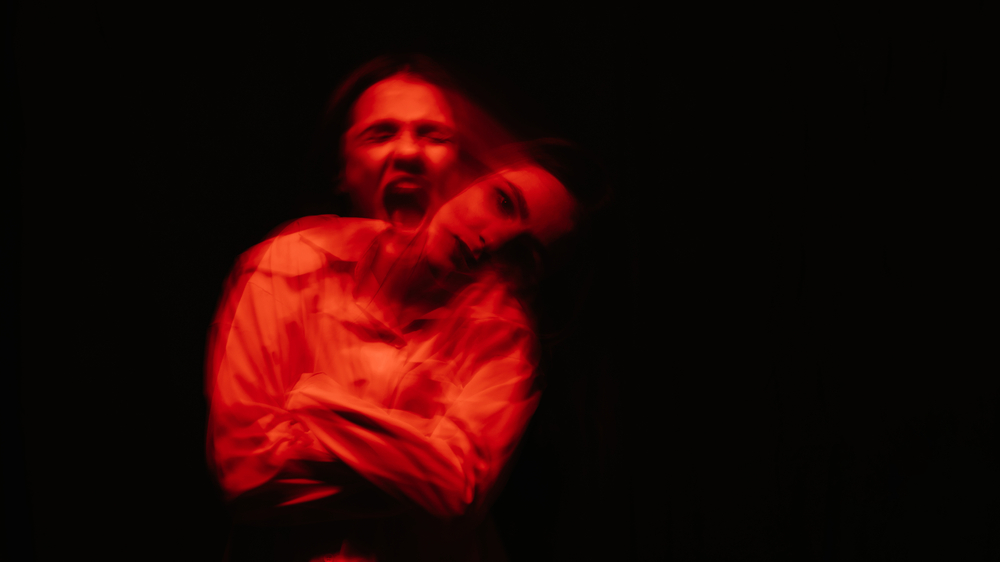
What are the Symptoms of Drug Induced Psychosis?
Drug induced psychosis may be insidious, with toxicity increasing as the frequency and dosage of the substance increases in a substance abuse situation. Your existing mental health problems will likely become worse if you use psychoactive substances, leading to extreme paranoia and accelerating the onset of schizophrenia and bipolar disorder, among other adverse effects. Even if you do not have a co-existing mental illness, you may develop symptoms of psychosis as a result of extensive drug or alcohol use. Some symptoms and side effects include:
- Paranoia
- Visual hallucinations
- Auditory hallucinations
- Delusions
- Self-harm
- Antisocial behavior
- Panic attacks
- Confusion
- Acts of violence
How Long Does Drug Induced Psychosis Last?
Drug induced psychosis is frequently limited to the time period required for the substance to be excreted from the body. As a result, drug addicts who consume large amounts of substances may suffer from longer-lasting mental issues. Drug induced psychosis typically lasts less than a day, but when amphetamines, PCP, or cocaine cause psychosis, symptoms may last for weeks. Long-term psychosis may be a result of a mental health condition such as schizophrenia or bipolar disorder.
Drugs can alter the brain by damaging neurons or changing neurotransmitter levels, leading to mental health issues such as bipolar or schizophrenia. The mechanism through which drugs cause mental health issues related to psychosis is poorly understood. Furthermore, it is challenging for scientists to determine whether mental health disorders resulting from drug use are the consequence of drug use or simply coincidental drug use because many people with mental health issues use drugs.
Is Drug Induced Psychosis Permanent?
An individual suffering from drug induced psychosis can experience anything from 30 minutes to 24 hours of altered brain function. Drug induced psychotic disorders, like schizophrenia, are frequently accompanied by drug withdrawal symptoms. In some scenarios, drug induced psychotic disorders are treated without medication, but in others, treatment is required to help reduce the symptoms. A drug induced form of schizophrenia can become permanent if drug induced psychosis is not treated.
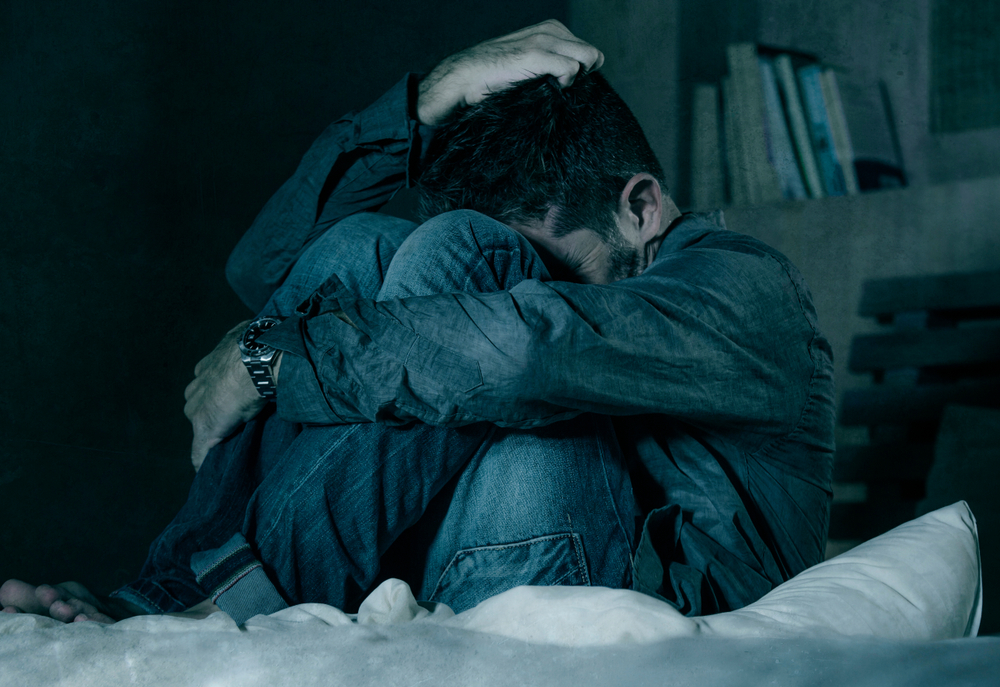
What Drugs Can Cause Psychotic Episodes?
Drugs that can cause psychosis include:
- GHB
- PCP
- LSD
- MDMA
- Prescription opioids
- Benzodiazepines
- Alcohol
- Cocaine
- Methamphetamine
- Marijuana
PCP
PCP can trigger drug induced psychosis in two ways. The first is by triggering an underlying mental illness. Drug induced psychosis caused in this way can be prevented if you refrain from using PCP. This mental illness might be schizophrenia or another psychotic condition.
Drug abusers who wish to induce drug induced psychosis with PCP often take large doses of the drug. Furthermore, drug induced psychosis may occur when drug users mix PCP with methamphetamine or cocaine. Those who mix tranquilizers with PCP in the form of stimulant drugs like methamphetamine or cocaine may experience drug induced psychosis as a result.
Marijuana
The THC present in Delta 9-THC can cause hallucinations, paranoia, and other psychotic symptoms, as well as apathy, daydreaming, and increased awareness of music, sounds, and colors or tastes.
Across studies, the duration of acute cannabis induced psychosis is consistently variable, ranging from a few days to months. Synthetic cannabinoids (street names K2, Spice) are advertised as a cheap alternative to marijuana, but in reality, are dangerous or even deadly.
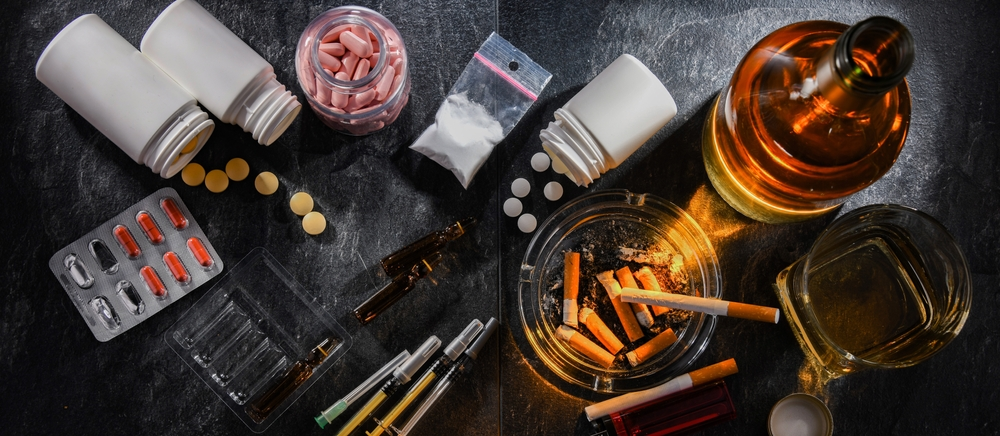
GHB
Gamma hydroxybutyrate (GHB), a synthetic compound, is an industrial cleanser as well as a date rape drug. GHB is accessible in a variety of forms, including pills and powders, but most frequently, it is sold as a colorless, odorless liquid. GHB was initially popularised in the rave scene because of its euphoric sensations and body high after it was taken in large amounts.
Increased libido and other pleasure-related effects have led to increased use of GHB over time. The drug may also lead to severe intoxication, leading to abnormal behavior. If higher doses are taken, sobriety will disappear completely, resulting in memory loss, making it difficult for users to remember.
MDMA
Drug users frequently use MDMA (3-4 methylenedioxymethamphetamine) to achieve a state of heightened emotion and elation. This drug causes the user to experience feelings of love, contentment, empathy, and so on. Despite the fact that this medicine has numerous disadvantages as a result of its connection to parties or raves where drug use is common, it is frequently used by recreational drug users. Those who abuse MDMA may snort the drug as a white powder, which can lead to addiction and withdrawal symptoms like anxiety and depression.
LSD
LSD is a substance that stimulates the central nervous system while also producing hallucinations, altered sensory perceptions, and changes in mood. LSD is a drug that has both stimulating and hallucinogenic properties. Users of the drug commonly experience love, joy, empathy, and other positive emotions. However, this substance is frequently associated with parties and raves where drug use is common, and therefore, it comes with several drawbacks.
Methamphetamine
Across the globe, methamphetamines have a terrible reputation. Methamphetamine is a potent psychostimulant that may cause psychotic symptoms in both recreational and chronic users, resulting in a chronic psychotic disorder similar to schizophrenia.
What is the Treatment for Drug Induced Psychosis?
There are various forms of treatment available for people with this condition, depending on the drug. Drug induced psychoses can often be treated by discontinuing drug use, but this is not always the case, and a more intensive drug rehab program may be required to help someone with drug induced psychosis. Substance abuse often disrupts the function of these neurotransmitters, leading to drug induced psychosis episodes when a person attempts to stop using drugs cold turkey or after long-term chronic use.
When drug induced psychosis episodes are triggered by drug cessation, a drug rehab program is often required to stabilize the person. However, antipsychotics can also be used to treat substance induced psychosis. It’s very important that you seek immediate medical assistance if you suspect that you’re experiencing drug induced psychosis symptoms. The first step in treating drug induced psychosis is getting to an emergency room immediately. Doctors may treat your symptoms by giving you benzodiazepines or antipsychotics once you arrive at the hospital.
Detox
To eliminate the psychotic symptoms of drug-related psychosis, one must detoxify. Drug-related psychosis is often triggered by drug abuse and is not always eliminated when detoxification is the only intervention applied. In drug induced psychosis episodes that are caused by drug withdrawal, a drug rehab program may be used in conjunction with psychiatric medication to treat the psychotic condition. Psychiatric medication is effective at eliminating drug induced psychosis when drug rehabilitation alone is not sufficient.
Partial Hospitalization Programs
Individuals who want to recover from drug addiction can receive treatment at a Partial Hospitalization Program or a Day Rehabilitation Program. These drug rehab centers provide drug rehab programs in addition to drug counseling services. During these structured sessions, patients receive counseling, group support, and medical evaluation. Thus, the individual will receive the necessary drug education in addition to drug detoxification treatment.
Dual Diagnosis
A drug rehab program that targets drug dependency in individuals with mental health problems such as drug induced psychosis is known as a dual diagnosis treatment center. Treatment programs at dual diagnosis treatment centers often combine drug addiction treatment with drug induced psychosis treatment, and they may include pharmacotherapy as well as psychotherapy. Because substances are often used to self-medicate, a high proportion of recovering individuals have a co-occurring condition. It is vital to treat both to ensure the best outcomes, thereby avoiding chronic relapse.

Psychotherapy
Drug induced psychosis can be treated with individual or group therapy. Family therapy might be employed for this purpose as well, and it can be a place for support and help groups. Family members or loved ones may have been affected by drug use, or they may have felt affected by the drug use issues.
Oasis Recovery Can Help
If you or a loved one is afflicted with drug induced psychosis or mental health issues, Oasis Recovery’s mental health services, and tailored addiction therapy programs may be of assistance. Oasis Recovery was created from personal experiences with addiction and recovery, and it provides mental health services and treatment options in addition to open-minded and compassionate care. We believe that everyone can overcome their addiction. We work with you to construct a treatment program that meets your needs Common treatment programs include:
- Intensive Outpatient Programs (IOP)
- Full-time Addiction Treatment on campus
- Aftercare Services
Please contact us to learn more about how our programs and services can assist you in recovering from addiction. You no longer have to battle with addiction on your own. We are here to help.



